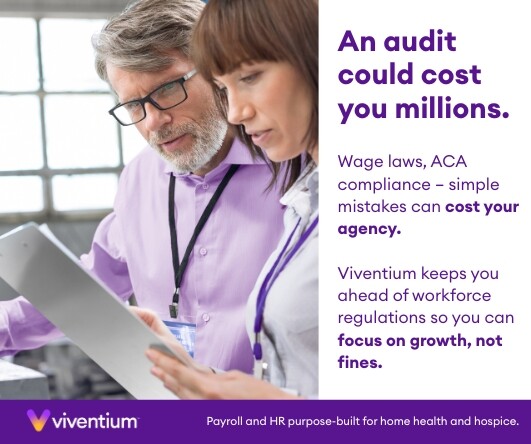by Elizabeth E. Hogue, Esq.
Patient's Right to Freedom of Choice of Providers
U.S. Supreme Court Weighs In
Patient’s rights to freedom of choice of providers who will render care to them is currently based on four key sources:
- Court decisions that establish the right of all patients, regardless of payor source and the setting in which services are rendered, to control treatment, including who provides it
- Federal statutes for both the Medicare and Medicaid Programs that establish the right of patients whose care is paid for by these programs to choose providers to render care – Specifically, Section 1802 (42 U.S. C. 1395a) states as follows: “(a) Basic freedom of choice.- Any individual entitled to insurance benefits under this title may obtain health services from any institution, agency, or person qualified to participate under this title if such institution, agency or person undertakes to provide him such services.”
- The Balanced Budget Act of 1997 (BBA), which currently requires hospitals to provide a list of home health agencies and hospices to patients. According to the BBA, the list must meet the following criteria: (a) Providers that render services in the geographic area in which patients reside, are Medicare-certified, and request to be included must appear on the list given to patients. (b) If hospitals have a financial interest in any provider that appears on the list, this interest must be disclosed on the list.
- Conditions of Participation (COP’s) of the Medicare Program that are the same as the provisions of the BBA described above
Supreme Court Decision
The U.S Supreme Court has now issued a decision about the federal statute for the Medicaid Program described above in Medina v. Planned Parenthood South Atlantic, et al. [No, 23-1276 (June 26, 2025)]. This case involves the any-qualified-provider provision in the statute above that requires states to ensure that any individual eligible for medical assistance may obtain it from any provider qualified to perform the service who undertakes to provide it. The question is whether individual Medicaid beneficiaries may sue state officials under the above statute for failing to comply with the any-qualified-provider provision.
Exclusions on "any-qualified-provider" provision
The State of South Carolina excluded Planned Parenthood from the Medicaid Program. An enrollee in the Medicaid Program sued the State based on the above statute because she said that she wanted to receive Medicaid services from Planned Parenthood.
Federal enforcement; not private
The Court said that spending power statutes, such as Medicaid Programs, are especially unlikely to create the right for individuals to sue the states. The typical remedy for state noncompliance is federal funding termination. Private enforcement, such as suits by individuals, requires states to voluntarily and knowingly consent to private suits based on clear and unambiguous alerts from Congress to the states that private enforcement is a funding condition.
The Court concluded that the above statute does not permit individuals to sue the States for violation of their right to freedom of choice of providers.
# # #


Elizabeth Hogue is an attorney in private practice with extensive experience in health care. She represents clients across the U.S., including professional associations, managed care providers, hospitals, long-term care facilities, home health agencies, durable medical equipment companies, and hospices.
©2025 Elizabeth E. Hogue, Esq. All rights reserved.
No portion of this material may be reproduced in any form without the advance written permission of the author.
©2025 by The Rowan Report, Peoria, AZ. All rights reserved.



